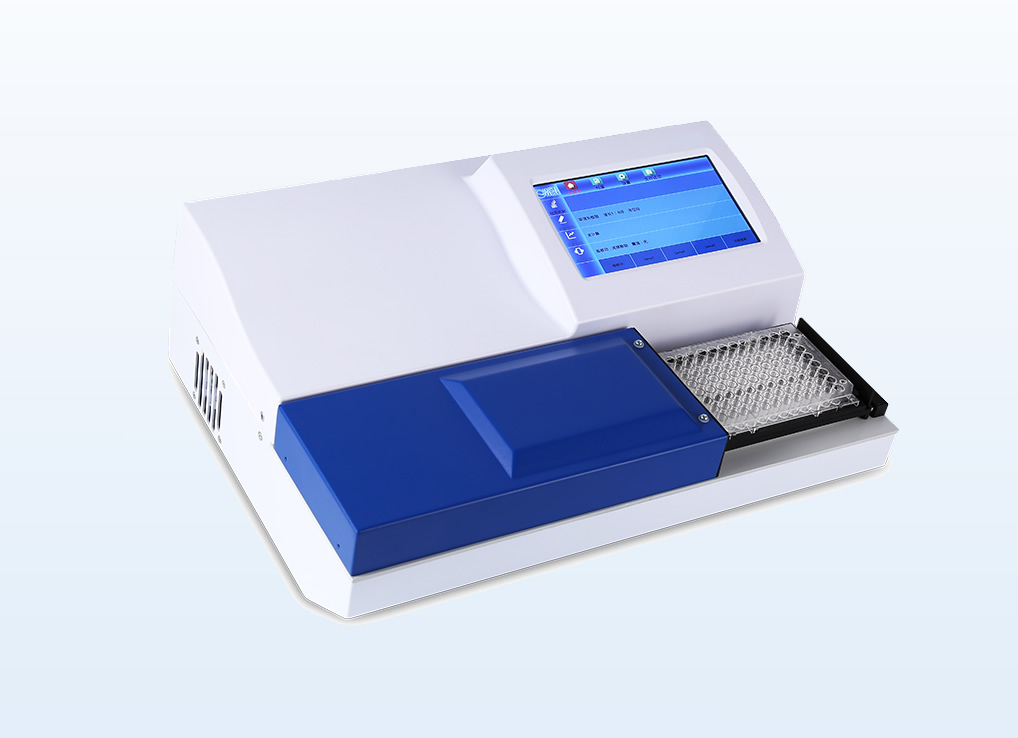How Pet Labs Ensure the Safety and Wellness of Pets
How Pet Labs Ensure the Safety and Wellness of Pets
Blog Article
Keeping your pets healthy, regular veterinary testing plays a vital role. Pet diagnostic labs help identify potential issues for domestic animals like dogs and cats.
Here, we’ll discuss the impact of veterinary testing and show how they benefit your pet’s health.
Understanding Veterinary Labs for Pets
Pet testing facilities perform diagnostic evaluations to support animal care. They leverage cutting-edge tools to ensure accurate results.

Core responsibilities of veterinary labs include:
- Detecting hidden diseases: Improves recovery chances.
- Keeping an eye on recurring problems: Supports long-term health strategies.
- Confirming treatments are effective: Improves treatment accuracy.
Common Veterinary Tests for Dogs and Cats
Veterinary labs specialize in diverse diagnostics to identify potential problems. Common diagnostics include:
- Blood panels: Assess organ function.
- Urinalysis: Spot bladder issues.
- Stool analysis: Check for dietary issues.
- Allergen identification: Diagnose environmental or food allergies.
- X-rays and ultrasounds: Examine bones and joints.
The Benefits of Regular Veterinary Testing
Regular veterinary testing ensures proactive care. With early warning signs identified, they stay happy and healthy.

Other advantages include:
- Maximized years with your pet: Ensuring effective care helps pets live longer.
- Financial benefits of early detection: Managing minor issues promptly saves time and money.
- Trust in their health management: You’ll know they’re cared for.
clínica e laboratório veterinário da villalaboratório veterinário
Why Testing is Key for Dogs and Cats
Animal health testing facilities are essential for modern pet care in supporting their health journey. By making diagnostics a priority, you stay ahead of potential health issues.
Don’t wait—take action now to help them live their best life!
Report this page